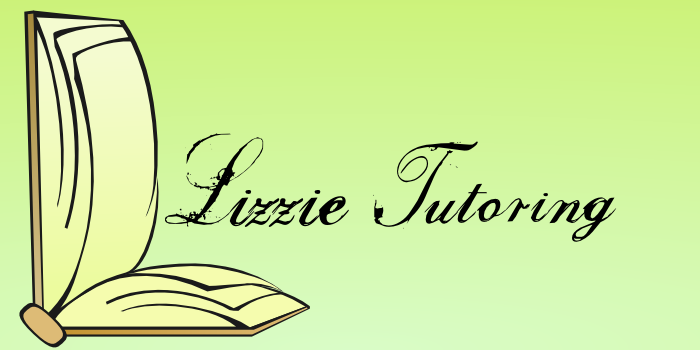I frequently run into students - and even parents - who argue that the subject of Math is a waste of time and not needed in every-day-life.
Here's why Math - and Latin - are essential:
"Math forms the mind of the student to accuracy, logical thinking, and problem solving. It is formation, not information. Math truly educates, transforms, and changes the mind of the student to become like math, orderly, logical, accurate, organized. The true purpose of education and all of the subjects we study in school is to develop, shape, and transform the mind and character of the student. The nature of the subject transfers its character to the student's mind."
To read the rest of the article, go here.
Wednesday, April 27, 2011
Monday, April 25, 2011
New Worksheet - Types of Conjunctions
This guide explains the differences between coordinating and subordinating conjunctions.
Conjunctions - Types
Conjunctions - Types
Monday, April 18, 2011
Wednesday, April 13, 2011
Apps for Learning English
Kenneth Beare has a great write-up on the current apps that are available for the iPhone, the iPad, and the Android.
Click here for his list and recommendations.
Click here for his list and recommendations.
Monday, April 11, 2011
Thursday, April 7, 2011
Multiple Uses for Creative Prompts
Lakeshore Learning has some great free printables available on their website. One of my favorite categories to use are the writing prompts. They issue a calendar for each month with a writing prompt for each day of the month.
Here are the links for the April calendar and the May calendar.
While these prompts can of course be used for writing exercises, they can also be used as conversation topics. I like to use them for a TEFL class that I am teaching. They make a great way to start off the beginning of each class.
And, while these are given in English, they could of course also be used for any other language class.
Outside of the classroom, these prompts could be used at home to help you enhance your writing skills.
Question for you: Do you have any creative ideas for how to use writing prompts?
Here are the links for the April calendar and the May calendar.
While these prompts can of course be used for writing exercises, they can also be used as conversation topics. I like to use them for a TEFL class that I am teaching. They make a great way to start off the beginning of each class.
And, while these are given in English, they could of course also be used for any other language class.
Outside of the classroom, these prompts could be used at home to help you enhance your writing skills.
Question for you: Do you have any creative ideas for how to use writing prompts?
Monday, April 4, 2011
Worksheet - Asking Questions
I've just posted my latest worksheet.
This worksheet is designed to help you practice how to word questions correctly, depending on what tense you are using.
Asking Questions - Part 4
This worksheet is designed to help you practice how to word questions correctly, depending on what tense you are using.
Asking Questions - Part 4
Friday, April 1, 2011
Problem Words and Phrases
If you are working on trying to improve your writing - or are helping someone else improve his writing - this list can be really useful. Daily Writing Tips lists 50 Problem Words and Phrases. The nice part about this list is that it includes short examples that are easy to understand.
Here are the first 5:
Here are the first 5:
1. a while / awhile: “A while” is a noun phrase; awhile is an adverb.
2. all together / altogether: All together now — “We will refrain from using that two-word phrase to end sentences like this one altogether.”
3. amend / emend: To amend is to change; to emend is to correct.
4. amount / number: Amount refers to a mass (“The amount saved is considerable”); number refers to a quantity (“The number of dollars saved is considerable”).
5. between / among: The distinction is not whether you refer to two people or things or to three or more; it’s whether you refer to one thing and another or to a collective or undefined number — “Walk among the trees,” but “Walk between two trees.”
Check out the link above for the rest of the list.
Subscribe to:
Comments (Atom)
